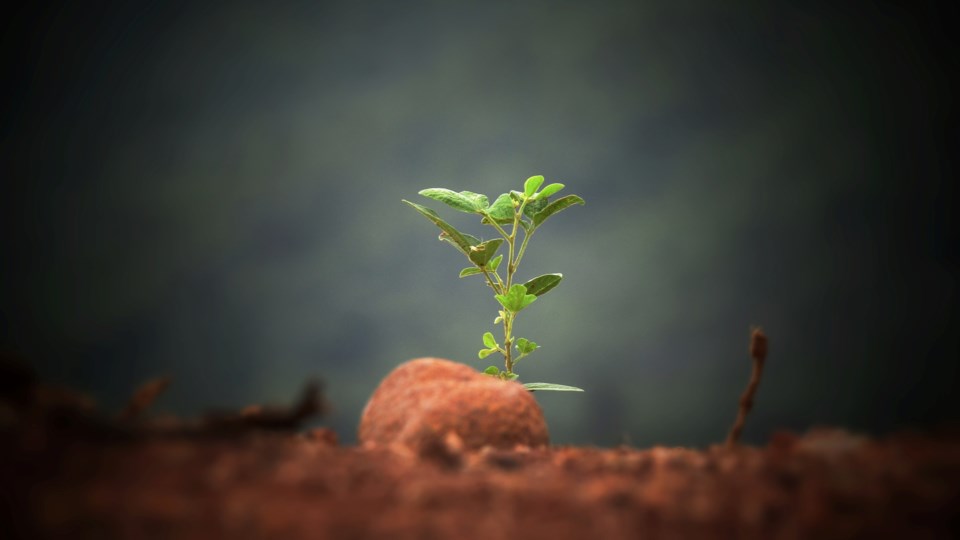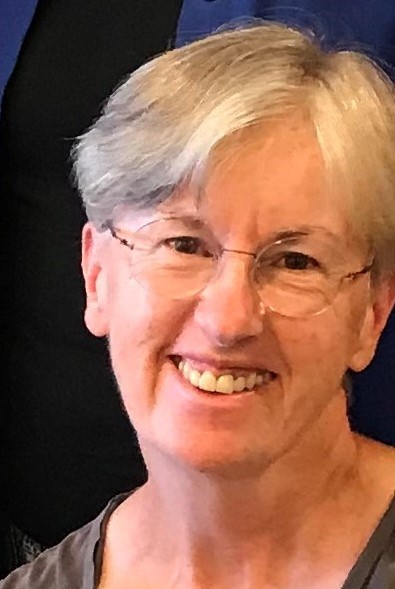 On April 22nd of this year the UN Global Communications team, responding to the challenges posed by the pandemic, encouraged the governments of the world to “build back better”. The phrase quickly became a rallying cry to change course, taking advantage of the break in business as usual.
On April 22nd of this year the UN Global Communications team, responding to the challenges posed by the pandemic, encouraged the governments of the world to “build back better”. The phrase quickly became a rallying cry to change course, taking advantage of the break in business as usual.
The serious challenges we currently face include the environmental crisis, pandemics, cyber warfare, terrorism and a renewed nuclear threat, among others. All are global. Our greatest strengths, on the other hand, are dedicated individuals working in common cause. To take a look at our options in aligning our strengths and challenges, we need to exit the news cycle to examine an interesting bit of inconvenient history.
When the UN Charter was created 75 years ago it was reluctantly permitted a concession deemed necessary for the Charter’s acceptance by Stalin’s Russia and the United States Congress, both flush with victory from the Second World War. They, along with France, the UK and China, were given veto power over UN Security Council decisions, effectively giving five nations disproportionate power.
The framers of the 1945 Charter also incorporated plans for a Charter review conference, to be held within 10 years. Unfortunately, the Cold War and inertia set in, and that conference never happened. Many decades later, the United Nations presides with great difficulty over a world still desperately in need of global governance that is just, effective and inclusive.
The need for unity in the international sphere is greater than ever. A belief in that unity has inspired me along with generations of other Bahá’ís. “The well-being of mankind, its peace and security, are unattainable unless and until its unity is firmly established,” said Bahá’u’lláh, the founder of the Bahá’í faith. “It is not for him to pride himself who loveth his own country, but rather for him who loveth the whole world. The earth is but one country, and mankind its citizens.”
That idealistic spirit is alive and well. A young generation of problem-solvers from every background has arisen around the world, often motivated by environmental concerns. Together First, Common Home for Humanity, Ocean Unite, Simpol and Democracy Without Borders are incredibly promising international initiatives. If we’re to move forward together, we need to give such organizations our full attention.
The visceral, entertaining forms of politics make the news, but it’s the quiet, hard-working efforts that tend to change the course of history. Unfortunately, disillusioned with corruption and polarization, many believe that things were just fine before we had global problems and global institutions, if only we could turn back the hands of time – although they weren’t and we can’t.
The drama plays out against a backdrop of cynicism and despair, which in itself hampers progress. Still, enormous changes can begin almost imperceptibly. Beginning in 1993, Canada was followed by the European Parliament, the PanAfrican Parliament and the World Federation of United Nations Associations, all calling for the establishment of a UN Parliamentary Assembly (UNPA) to help correct the “democratic deficit” in global decision-making. The UNPA Campaign may provide a solution to decades of broken environmental promises, since democracy is essential to a legitimate capacity to enact laws.
There are several proposed routes towards bringing greater justice and the rule of law to the international sphere. (See the Times Colonist 5 August article in the online Spiritually Speaking blog for links.) The United Nations needs to follow its advice and “Build Back Better”, with support and assistance from civil society. It’s up to us, as world citizens, to pay attention and do what we can.
 Sheila Flood is a member of the Bahá’í community of Saanich and member of the Victoria Multifaith Society
Sheila Flood is a member of the Bahá’í community of Saanich and member of the Victoria Multifaith Society
You can read more articles on our interfaith blog, Spiritually Speaking, HERE
* This article was published in the print edition of the Times Colonist on Saturday, August 15th 2020
Photo of sapling by Sushobhan Badhai on Unsplash


